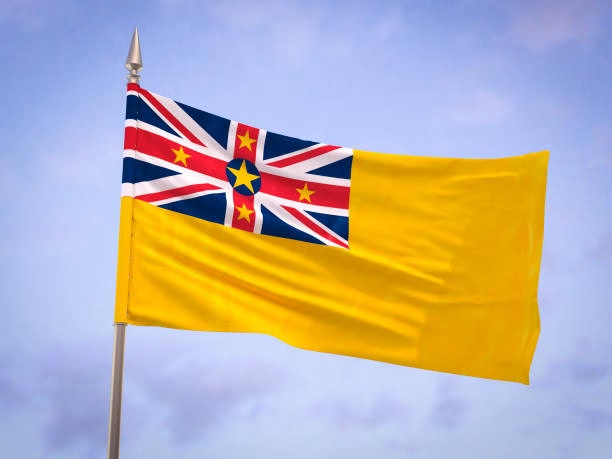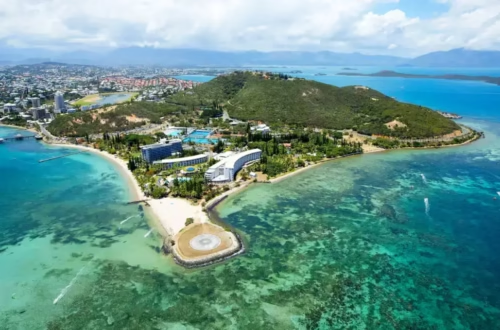
Politics of Niue and Relations with New Zealand
1. Overview of Niue
Firstly, Niue is a small island nation in the South Pacific Ocean, with an area of approximately 261 km² and a population of just 1,600. Although it is a sovereign nation, Niue maintains a special relationship with New Zealand, where Niueans are granted New Zealand citizenship and can live and work there without a visa.

2. Niue Political System
Secondly, Niue is a parliamentary democracy with a self-governing model. The country has a simple political system, consisting of the following main elements:
- Head of State: The King of New Zealand is the official head of state of Niue, but his role is largely symbolic.
- Head of Government: The Prime Minister of Niue is the head of government and is elected by the Legislative Assembly.
- Legislature: Niue has a unicameral legislature of 20 members, including 14 village representatives and 6 representatives elected from national constituencies.
- Electoral System: General elections are held every four years.

3. Relations Between Niue and New Zealand
Thirdly, Although an independent nation, Niue receives financial and defense support from New Zealand. Some key points in this relationship include:
- Foreign policy: Niue has autonomy in its decisions but relies heavily on New Zealand.
- Financial support: The majority of Niue’s budget comes from New Zealand aid.
- Citizenship: can migrate to New Zealand without any legal barriers.

4. Unique Features of Politics
Fourthly, Niue’s politics have several unique features compared to other countries:
- No political parties: Niue has no formal political party system. Candidates run as individuals and then form coalitions to form government.
- Small size, high stability: Stable, no major political conflicts.
- Community politics: Political decisions are often based on community consensus.
5. Conclude
Last, Niue has a simple but effective political system. The stability and transparency of Niuean politics have helped the country maintain a peaceful environment and sustainable development. Although it still depends heavily on external support.




